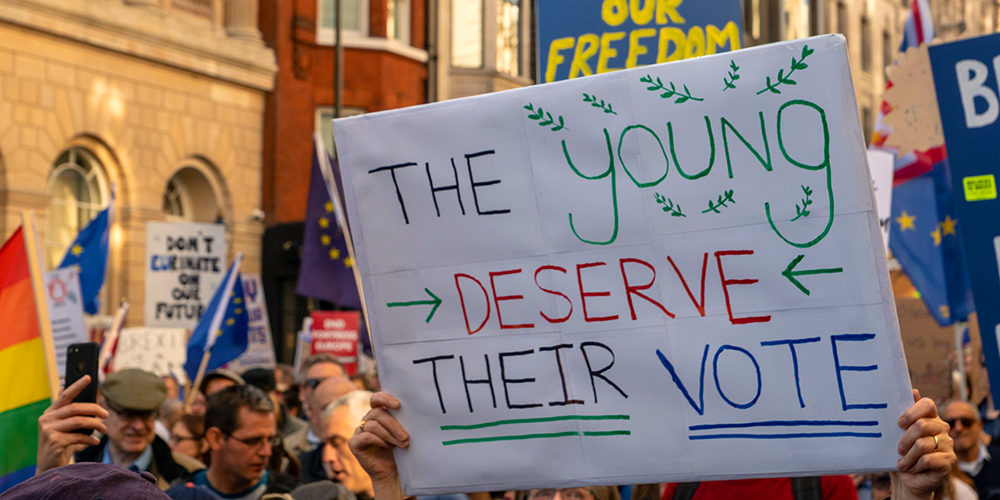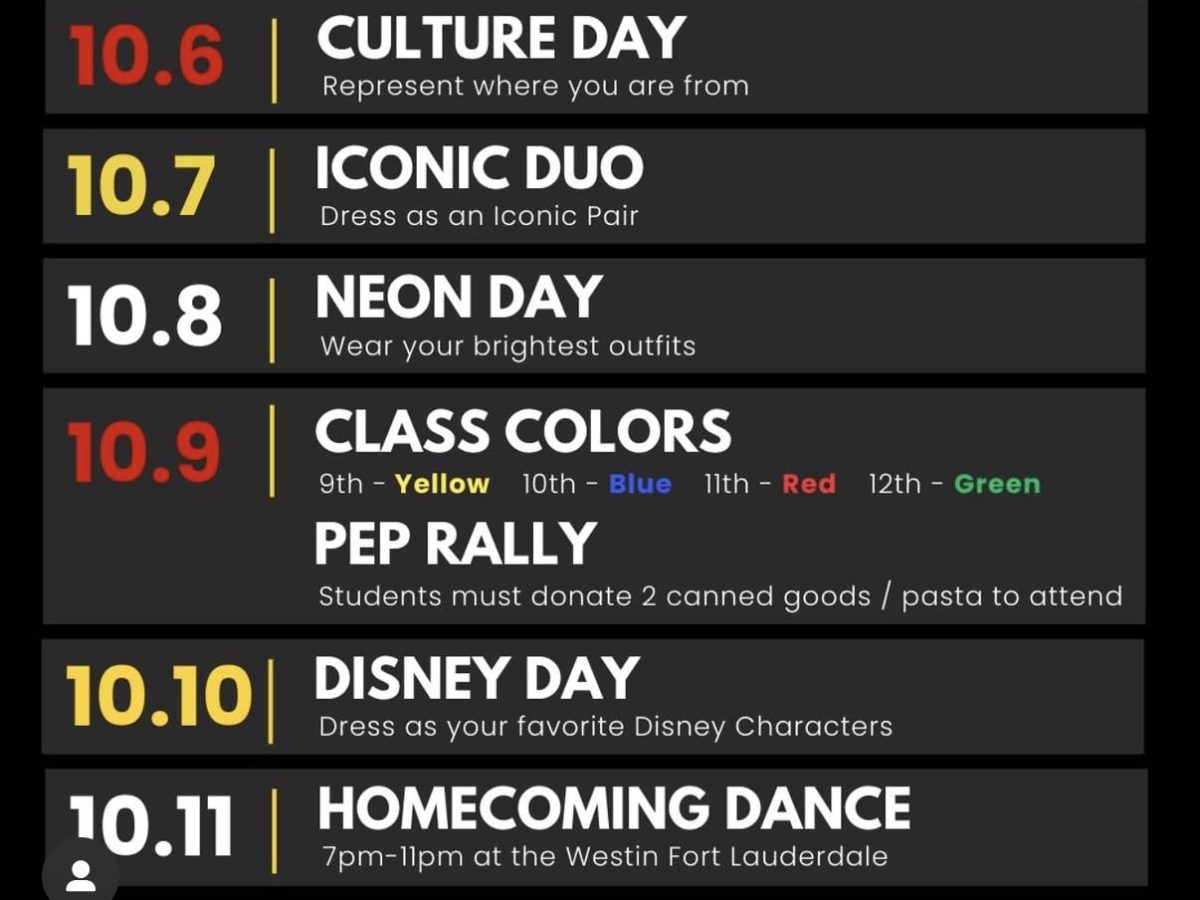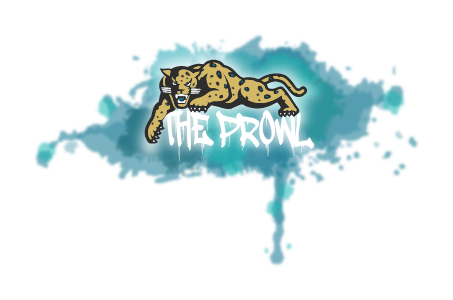In some of the most loved snacks, like Takis and Hot Cheetos, these all contain the coloring known as Red 40. Red 40 is an artificial food dye used to give products, like hot chips, the bright red color everyone loves. It’s also referred to as “Allura Red AC,” which comes from the company that developed it back in 1971. Although Red 40 is FDA-approved, studies have linked the famous dye to cancers and damage found in people’s bodies.
Red 40 is not universally banned but is restricted in countries like Norway, Denmark, Germany, and France. In Europe, products with red 40 contain a warning label due to the effect on children. These countries tend to compare their populations’ overall health to that of the United States due to all the dyes and chemicals used in the food. With this, people tend to believe the idea that dyes cause health problems like DNA damage and inflammation, neurobehavioral issues in children, and gut microbiome impact. Studies made all around the world have shown that people who eat red 40 their entire lives tend to end up with more severe health complications than those who eat a dye-free diet. Although there are links between sicknesses and the consumption of red 40, there is definite proof.
Although Red 40 isn’t banned in the United States, California has set a law in place to ban the use of Red 40 in food. This law will take place in December of 2027. This is a step closer to the national ban on Red 40. The biggest reason the United States will not ban Red 40 is that it is considered FDA-approved. On top of that, red 40 is used in most snacks and beverages. If red 40 is banned, it will affect the profits of most companies. The generated profit from this beloved coloring makes the country hesitant to prohibit its usage.
Products containing red 40 are very popular among adolescents. According to sophomore Ariana Colon, she says, “ I love red 40 even though I don’t think it has a taste, but it makes drinks and snacks so much better, specifically Takis. I think if there isn’t concrete proof that Red 40 affects human health, then it shouldn’t be banned.” Sophomore Julian Roman differs by saying, “ I think red 40 should be banned not only in the United States but rather everywhere. There might not be a direct link to it being bad, but if you ever look at the ingredients that foods with red 40 have, it’s a long list of random words.” While the rest of the world has said no to red 40, the United States clings to it.








![[Photograph of an Italian sandwich] Photo Creds: https://www.thepioneerwoman.com/food-cooking/recipes/a42398453/italian-sandwich-recipe/](https://cghstheprowl.com/wp-content/uploads/2025/10/image1.png)










































